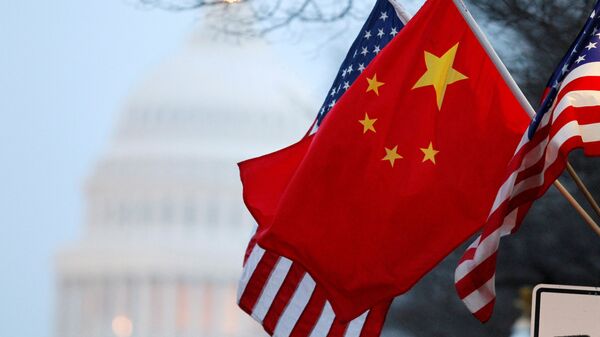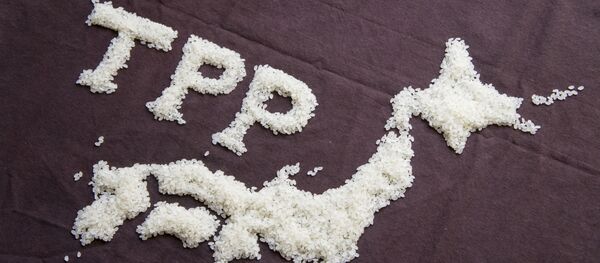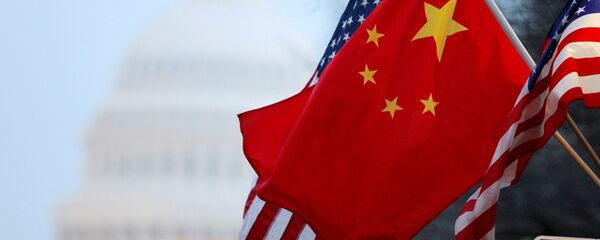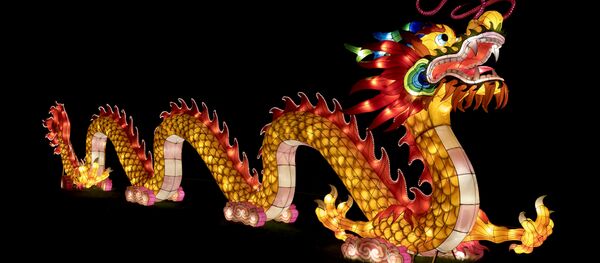China will be represented at the talks by government special envoy for Latin America Ying Heming.
Commentators note that although China has agreed to participate in the negotiations in Chile, Beijing has stated that they are not related to the TPP agenda. Thus, China wants to distant itself from the deal previously spearheaded by Washington.
According to a report in the South China Morning Post, Beijing’s decision to join the meeting was due to China’s growing role in developing trade agreements in the Asia-Pacific region.
China’s attitude to the TPP has not changed though, according to Cheng Fengying, an expert at the Center for World Economy of the Chinese Institute for Modern International Studies.
"First of all, it should be made clear that the meeting in Chile is a high-level international meeting on economic integration in the Asia-Pacific region, including the members of the TPP and other regional powers. It is not a meeting under the flag of the TPP," the expert told Sputnik China.
Moreover, China cannot take part in TPP sessions because Beijing is not part of this mechanism. Earlier, Chinese Foreign Ministry spokesperson Hua Chunying noted that a Chinese delegation was invited by Chile, the current chair of the TPP.
"The talks are expected to focus on economic cooperation in the Asia-Pacific regions after Washington’s withdrawal from the TPP deal. China’s admission to the agreement will not be in discussion. Moreover, Beijing has not called for its admission to the deal," Cheng Fengying explained.
"The talks could provide a platform for an analysis of the current global disintegrational processes. Moreover, the reasons behind the failure of the TPP may be partially discussed. At the same time, the meeting is portrayed not as a TPP forum, in order to diminish the negative emotional and judgmental context around the agreement," Arapova said.
According to her, the goal of the meeting is not to "revive the TPP in its initial form" but to work out a framework for regional trade ties and further integration.
"In its domestic efforts, China is now trying to work out socially-oriented principles and technologies, including improving living standards and protecting the environment. In this case, China’s domestic and foreign interests are the same," she pointed out.
Many experts also suggest that China will learn a lesson from Washington’s mistakes in the TTP deal and other flaws that prevented the development of Asia-Pacific integration processes.
Never miss a story again — sign up to our Telegram channel and we'll keep you up to speed!








